This story was produced by The Hechinger Report, a nonprofit, independent news organization focused on inequality and innovation in education.
Bringing black and brown undergrads to the gathering at SXSW is a tactic easily copied by all companies
What comes to mind when you think of the SXSW Conference?
If you don’t know the acronym stands for South by Southwest, then this column may escape you completely. SXSW refers to the popular, chic annual gatherings that occur every March in Austin, Texas, dating back to 1987. SXSW explores “what’s next in the worlds of film, culture, music, and technology.” But for those in the know, when you hear about SXSW attendees, do you ever think of folks coming from historically black colleges and universities (HBCUs)?
SXSW probably conjures images of panel presentations about varied tech fields, cutting edge product announcements, sponsored concerts, and sexy bacchanals. You may think of entrepreneurs and professional networking. But, more than likely, the people you think of, whether those attending or leading the conference’s sessions, are probably white. And that’s a problem that’s bigger than this conference—it’s trouble for the economy at large.
We don’t associate SXSW with HBCUs because professional conferences for technologists reflect our social struggles around race. Research consistently shows that our social networks influence who we hire and chose to work with. The National Bureau of Economic Research, a nonprofit economic research group, found in one study that “[j]ob applicants with white names needed to send about 10 resumes to get one callback; those with African-American names needed to send around 15 resumes to get one callback.” In the same vein, research by the renowned economist Raj Chetty shows that many black and brown “lost Einsteins” could have made profound discoveries and inventions if they had the familial and social networks of their white peers.
Job applicants with white names needed to send about 10 resumes to get one callback; those with African-American names needed to send around 15 resumes to get one callback.
Access to the funding needed to start a business, especially in the Silicon Valley-centric tech world, is as much about who you know as what you know. Building connections is complicated by race relations in the U.S.; how we feel about each other is revealed by who gets funding for their business. Indeed, Fast Company magazine reported, “Fewer than 1% of tech companies with black founders receive venture capital funding.”
President Barack Obama wasn’t so far off with the beer summit he staged between African-American professor Henry Louis Gates, Jr. and James Crowley, the white police officer who arrested Gates for entering his own house after a neighbor called 911. Building better relationships, professionally and within the community, often requires a more social setting—think grabbing drinks after work with co-workers or planting roses together at neighborhood gardens. Diversifying our social and professional networks helps everyone get access to employment and wealth.
The company Opportunity HUB (OHUB), which works with entrepreneurs and investors in technology to subvert racial bias and tackle poverty, partnered with the email and marketing firm MailChimp to develop HBCU@SXSW, an initiative that brings African-American and Hispanic undergraduates to SXSW and introduces the usual conference-goers to these hidden Einsteins. The program is in its third year. This month, OHUB selected 125 undergraduates from 60 schools—out of more than 1,000 applicants representing 200 institutions—to attend this official SXSW event.
90 percent of the students who attended HBCU@SXSW received paid summer internships, apprenticeships, or full-time positions in the tech field.
“The program aims to provide students with access to unknown spaces and firm recruitment opportunities through a fully immersive experience with the interactive technology on display at SXSW,” says OHUB’s website. According to the company, in 2017, 90 percent of the students who attended HBCU@SXSW received paid summer internships, apprenticeships, or full-time positions in the tech field.
More importantly, it may have expanded our expectations of who belongs at SXSW or even in the tech field. There’s still a lot of work to do to build inclusive workforce—and many parties to attend. OHUB is offering a model that major companies, tech or otherwise, can replicate.
According to 2016 data drawn from the American Community Survey, blacks represented 7.9 percent of everyone employed in computer- and math-related fields, compared to roughly 12 percent across all occupations. Hispanics represented 6.8 percent of workers in computer and math occupations versus 16.8 percent across all occupations. And we know that many high-profile tech companies have struggled to recruit and retain black and brown talent.
The New York Times reported in 2016 that “technical workers at Google, Microsoft, Facebook and Twitter, according to the companies’ diversity reports, are on average 56 percent white, 37 percent Asian, 3 percent Hispanic and 1 percent black.” This is despite there being more black and Hispanic undergrads majoring in computer science and engineering than working in tech jobs, the report finds.
If we simply learned how to live together—and work together—our cities could generate new earnings from diversity that could flow throughout the region.
So if there is a bigger pool of potential recruits who are black and brown, why are the tech companies not finding them? One easy way to address this discrepancy is simply by walking across the proverbial dance floor to ask a potential partner to dance. If we simply learned how to live together—and work together—our cities could generate new earnings from diversity that could flow throughout the region. The public policy outfit Metropolitan Planning Council and think tank the Urban Institute found that “incomes for African Americans in the Chicago region would rise by an average of $2,982 per person per year—or an overall increase of $4.4 billion in additional income in our region—if we reduced the levels of economic and African American-white segregation to the national median.”
We’re stifling economic growth by not tapping all the talent our society has to offer. And, this week at least, a seat at the economic table requires an invitation to party. Who is going to be your dance partner?
Cover photo courtesy of Ann Alva Wieding/SXSW.
The Brookings Institution is committed to quality, independence, and impact.
We are supported by a diverse array of funders. In line with our values and policies, each Brookings publication represents the sole views of its author(s).

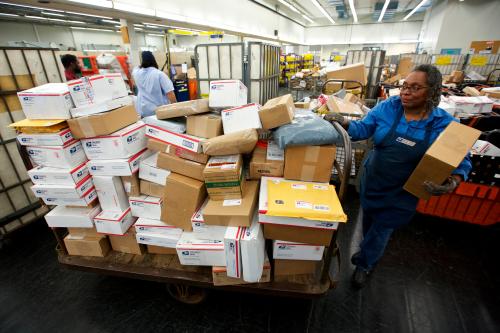
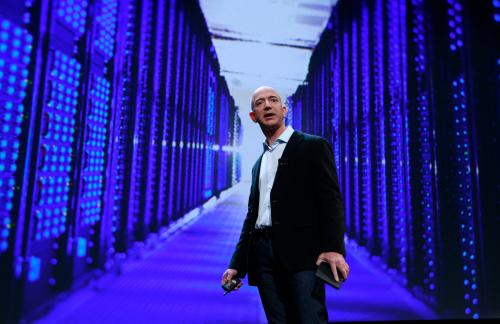
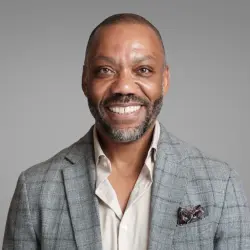
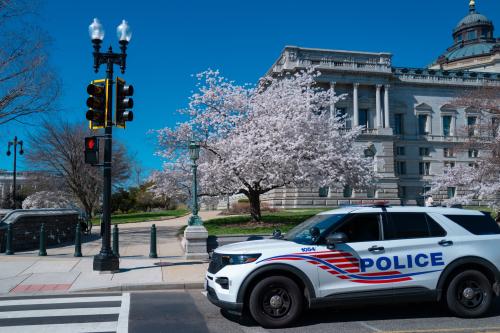
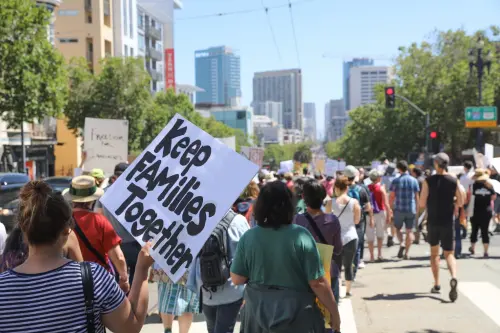
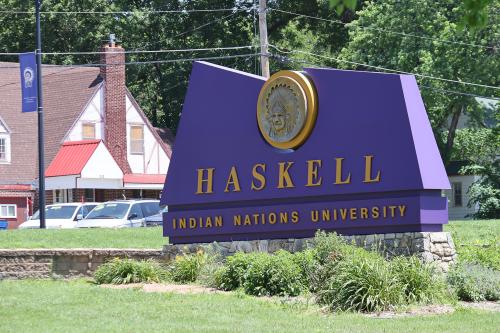
Commentary
Why diversifying at gatherings like SXSW is a crucial step for black and brown students
March 13, 2018